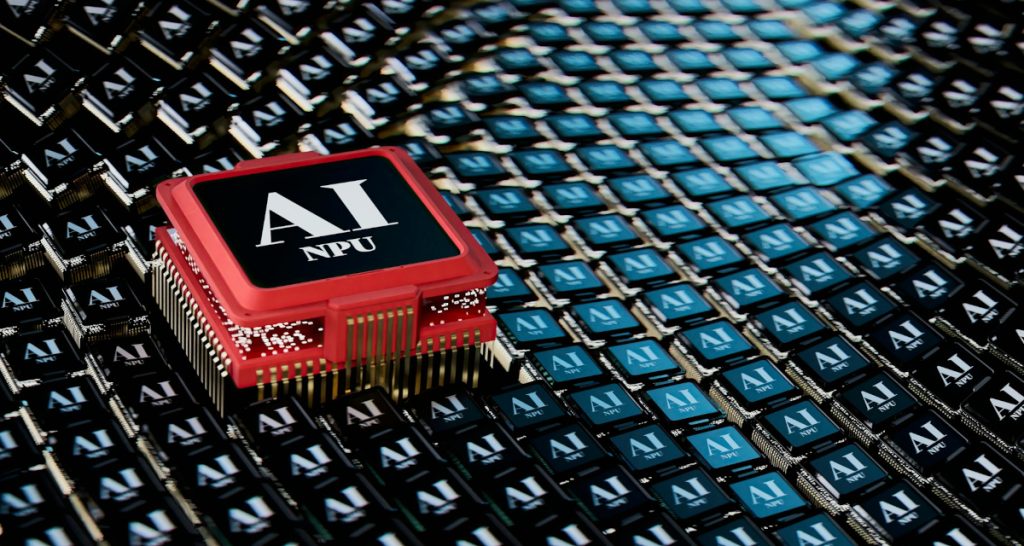AI voice startup PlayAI has announced a $21 million seed round. Photo Credit: Igor Omilaev
Another day, another interesting development in the quick-evolving AI world, where self-described “conversational voice AI startup” PlayAI has announced a $21 million raise.
Palo Alto-headquartered PlayAI (formerly PlayHT) just recently secured the seed capital, having officially rolled out its core platform closer to the top of 2024. Since then, that platform has received several updates – the latest being the mid-November addition of “PlayDialog.”
Billed as PlayAI’s “most ambitious and powerful end-to-end AI speech model,” the latter is offered alongside a multifaceted “narration and podcast creation tool” called PlayNote, straightforward voice-replication options, and customer-service-geared “AI voice agents,” according to the startup’s website.
There’s ample ground to cover when it comes to these and other offerings – besides PlayAI’s API capabilities and support for third-party LLMs – but Bitski backer Kindred Ventures and 500 Global led the $21 million seed round.
The raise also drew participation from Race Capital, Y Combinator, Aneel Ranadive’s Soma Capital, Jason Gray-founded Pioneer Fund, TRAC (“the first 100% AI-driven VC where data is the investment committee”), and more.
Meanwhile, Kindred founder Steve Jang has signed on as a board observer at PlayAI, which intends to put the $21 million tranche towards investing in its platform and shortening “the time for businesses to build human-quality speech experiences.”
Addressing the raise, PlayAI co-founder and CEO Mahmoud Felfel underscored his belief that “speech as an interface” represents “a massive opportunity.”
“Building voice agents that can converse like humans and autonomously handle complex tasks is no easy feat,” continued the former WhatsApp software engineer Felfel, “and I’m immensely proud of what our team has achieved. This funding will help us deliver our vision of powerful, emotive, and human-like voice interfaces for any application.”
Though PlayAI doesn’t exactly operate within the core industry, its seemingly advanced voice offerings and newest capital influx are indicative of the AI sector’s rapid ongoing evolution.
As most already know, that evolution has brought about unprecedented hurdles for the industry – including but not limited to the training of generative models on protected media without rightsholder permission as well as unapproved soundalike releases. Currently, potential solutions exist in the form of legislation and litigation.
Of course, AI tools are also playing an increasingly significant (legitimate) role in the music world, fueling never-before-heard sounds, a growing collection of decidedly accessible creation options, and pumping out artist-authorized soundalike works, to name a few areas.

